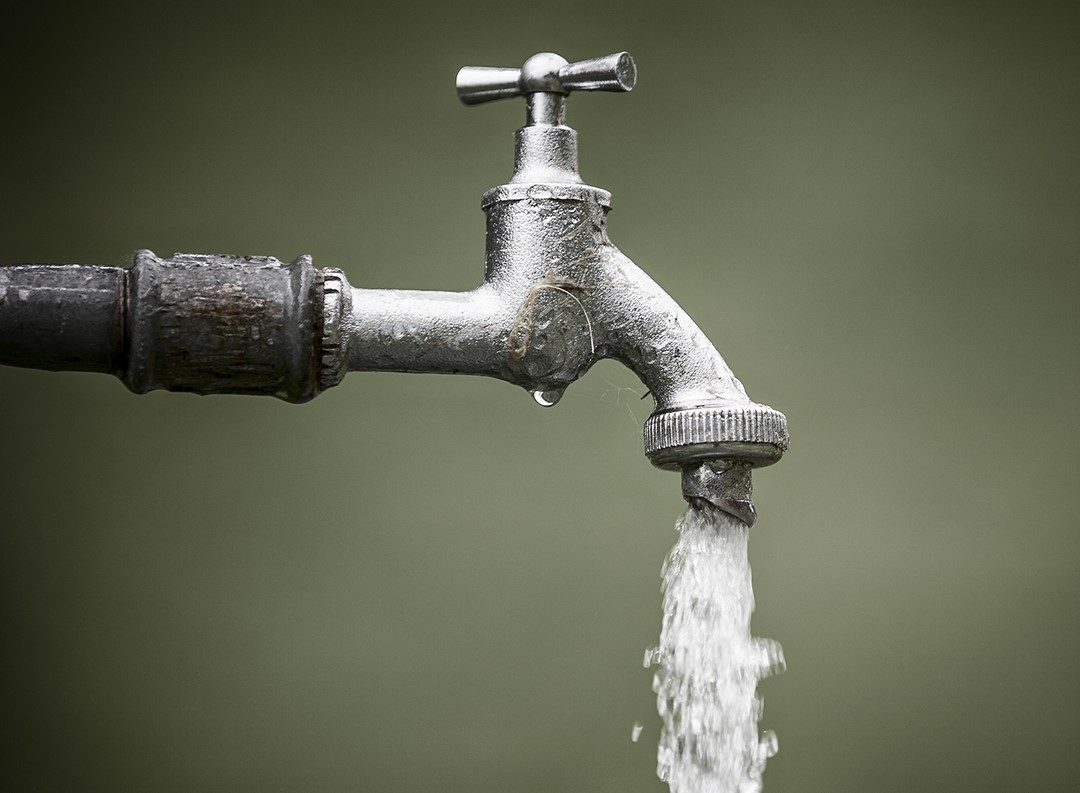Algiers Water and Sewerage Company (SEAAL) is set to take over the management of water in the Capital Algiers in August this year. This is after the contract the company signed with Suez comes to an end..
According to Arezki Barraki, the Algerian Minister of Water Resources the decision reflects Algerian authorities’ intention not to renew the Suez contract. “We believe that we already have the means to manage the drinking water supply (AEP) of Algiers ourselves,” said Barraki. The French group has been managing water in Algiers for 16 years.
Water management in Algiers
In 2005, the Water and Sanitation Company of Algiers (SEAAL) owned by the Algerian Water Company (ADE) and the National Sanitation Office (ONA) signed a 5 year contract with the Suez Company for the management of drinking water supply and sanitation in the greater Algiers area, for US $145m.
The contract was renewed for five years in 2011, then for two years in 2016 and finally for three years in 2018. It has been extended to the wilaya of Tipaza and to the water production system of the Taksebt dam (Tizi Ouzou).
Also Read: Simplified drinking water supply system (AEPS) commissioned in Kougsin
Eleven seawater desalination plants already exist and are spread over nine wilayas. The installations improve the water supply in these wilayas of Chlef, Tlemcen, Algiers, Skikda, Mostaganem, Oran, Boumerdès, Tipaza and Aïn Témouchent.
These plants produce 17% of the drinking water consumed nationally. The eleven stations have reached 2,110,000 m3/day, the equivalent of 770 Mm3/year. In May 2020, the Algerian Minister of Water Resources, Arezki Berraki launched the works to build three new seawater desalination plants in the wilaya of Algiers, in Annaba and Skikda.
A wastewater treatment plant is also under construction in the city of Béchar in Algeria. With a capacity of 55 584 m3 per day, the treatment plant will make it possible to treat the waste water discharged by the 368 000 inhabitants of the city. The worksite launched in January 2019 should last 30 months.

Leave a Reply